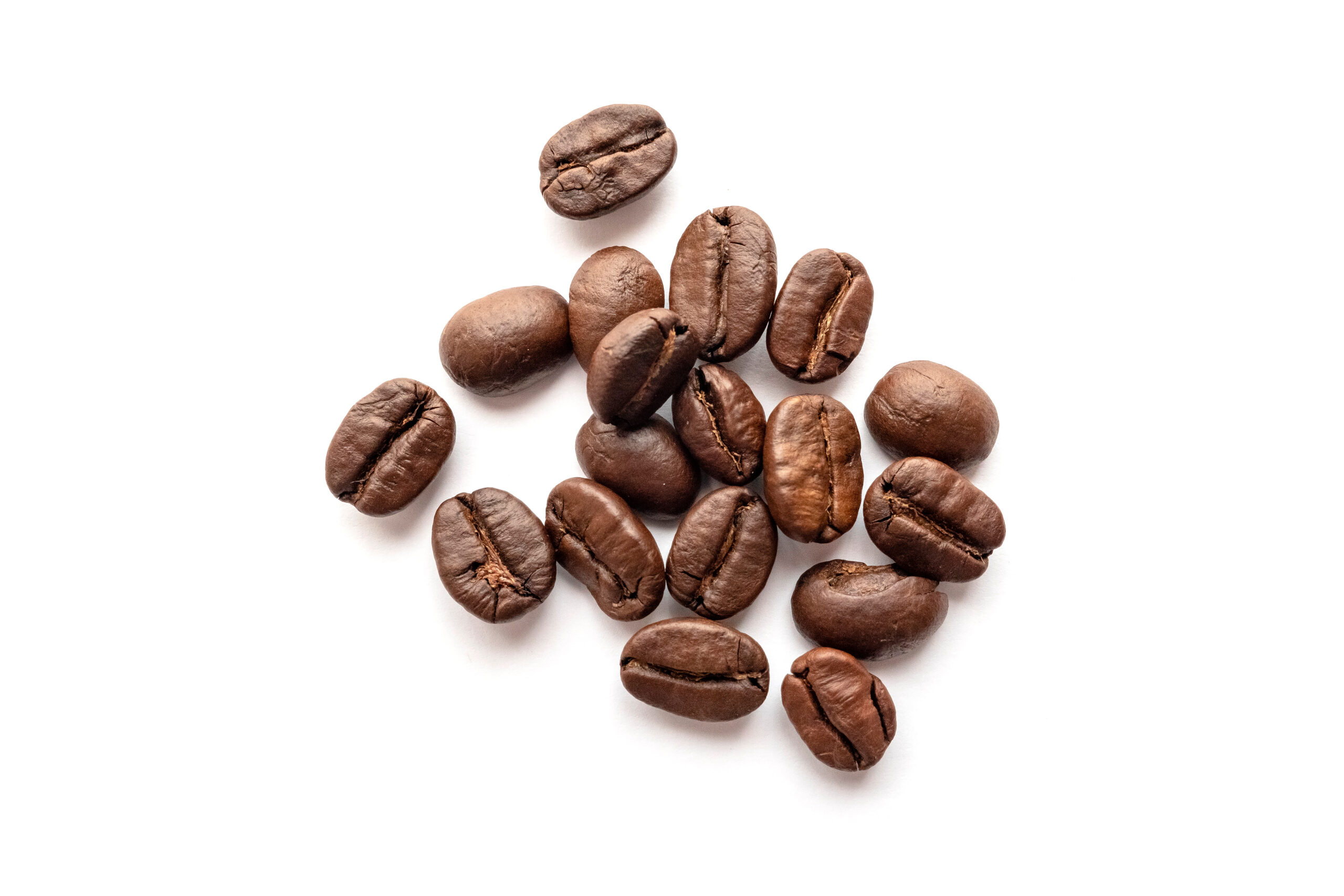Exploring Natural Coenzyme Q10 Sources for Brain Energy
Exploring Natural Coenzyme Q10 Sources for Brain Energy
Coenzyme Q10, or CoQ10 for short, is a powerful compound that plays a crucial role in providing energy to our cells, especially in the brain. As we age, our bodies produce less CoQ10, which can lead to decreased mental sharpness and energy levels. Luckily, there are natural sources of CoQ10 that we can incorporate into our diets to give our brains a boost.
One of the best natural sources of CoQ10 is organ meats, particularly heart. While not everyone’s favorite food, organ meats are incredibly nutrient-dense and pack a powerful CoQ10 punch. If you’re feeling adventurous, try adding some liver or heart to your diet occasionally.
For those who prefer more conventional meats, beef is a good source of CoQ10. Grass-fed beef tends to have higher levels than grain-fed, so opt for grass-fed when possible. Chicken and pork also contain CoQ10, though in smaller amounts than beef.
Fish lovers rejoice – many types of fish are excellent sources of CoQ10. Fatty fish like salmon, sardines, and mackerel not only provide CoQ10 but also beneficial omega-3 fatty acids that support brain health. Try to include fish in your diet at least twice a week for optimal benefits.
Vegetarians and vegans aren’t left out when it comes to natural CoQ10 sources. Soybeans and products made from them, like tofu and tempeh, contain decent amounts of CoQ10. Nuts and seeds, particularly peanuts and sesame seeds, also provide some CoQ10.
For a quick and easy CoQ10 boost, reach for some fruit. While not as concentrated as animal sources, fruits like oranges and strawberries contain small amounts of CoQ10. Plus, they’re packed with other brain-healthy nutrients like vitamin C and antioxidants.
Don’t forget your veggies! Broccoli, cauliflower, and spinach all contain CoQ10. These vegetables are also rich in other nutrients that support brain health, making them a win-win for your noggin.
Lastly, for those who enjoy a daily pick-me-up, both coffee and tea contain small amounts of CoQ10. While not significant sources on their own, they can contribute to your overall intake when combined with other CoQ10-rich foods.
Remember, while these natural sources can help boost your CoQ10 levels, the amount in food is generally lower than what you’d get from a supplement. If you’re concerned about your CoQ10 levels, especially as you age, it’s worth talking to your doctor about whether supplementation might be beneficial for you.
Incorporating a variety of these CoQ10-rich foods into your diet can help support your brain’s energy production and overall health. So next time you’re planning your meals, think about adding some of these natural CoQ10 sources to give your brain the fuel it needs to thrive.





